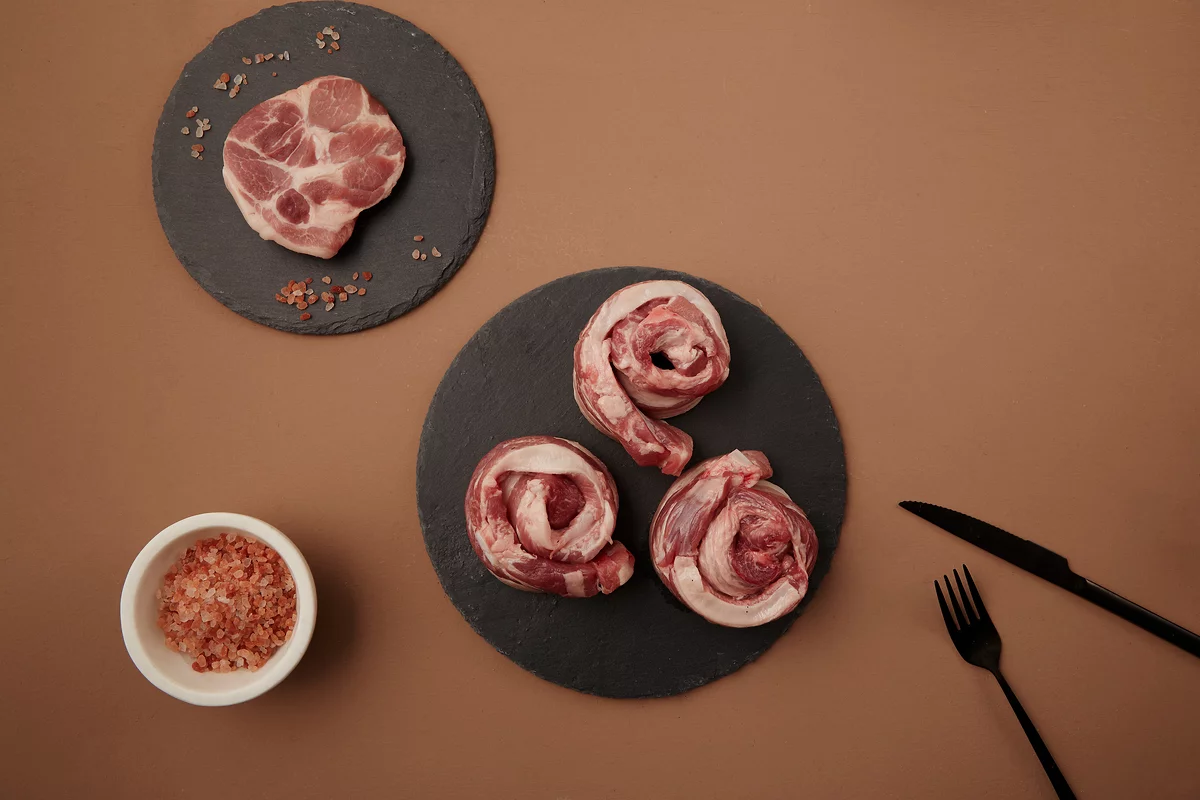When it comes to experiencing the finest Korean beef, few restaurants command as much respect as Daedo Sikdang (대도식당), which has been serving Korea’s premium sirloin since 1964. This legendary establishment in Seoul’s Wangsimni district has spent over six decades perfecting the art of preparing Hanwoo beef, Korea’s indigenous cattle breed that rivals the world’s most expensive meats.
Experience Premium Hanwoo Beef at Seoul Legendary Daedo Restaurant
Gangnam-gu, Seoul, Republic of Korea 127-3 Samseong-dong
Editor: James Lee




Overview
Introduction
Operating hours
Menu

Editor's Detail

When it comes to experiencing the finest Korean beef, few restaurants command as much respect as Daedo Sikdang (대도식당), which has been serving Korea’s premium sirloin since 1964. This legendary establishment in Seoul’s Wangsimni district has spent over six decades perfecting the art of preparing Hanwoo beef, Korea’s indigenous cattle breed that rivals the world’s most expensive meats.

Hanwoo is regarded as a premium beef because of its high palatability and desired chewiness, and since Koreans consider Hanwoo beef a cultural icon and one of the top-quality beefs of the world, visiting Daedo Restaurant offers more than just a meal—it’s an immersion into Korean culinary heritage.
Table of Contents
- What Makes Hanwoo Beef So Special?
- Why Is Daedo Restaurant Famous for Hanwoo?
- How Do You Properly Enjoy Hanwoo at Daedo?
- What Should First-Time Visitors Expect?
- The Cultural Significance of Hanwoo
What Makes Hanwoo Beef So Special?
Hanwoo beef represents the pinnacle of Korean agriculture and culinary tradition. This breed of small cattle native to Korea was formerly used as a working animal, but is now raised mainly for meat. What sets Hanwoo apart from other premium beef lies in its unique characteristics:
Superior Marbling and Flavor Profile Hanwoo’s flavor can best be described as a combination of Wagyu and American Angus, offering the best of both worlds for beef lovers. While a Wagyu ribeye has roughly 70% fat, Hanwoo ribeye contains anywhere from 40% to 50% fat, with the remainder being protein, creating a perfect balance of richness and beefy flavor.
Exceptional Rearing Practices Each cattle has its own electronic ID registered in the national database which details the care, shots received, and treatment history of each animal. This meticulous tracking system ensures transparency and quality from farm to table.
Limited Production Hanwoo is rarely exported due to demand at home, and it takes five to 10 generations, 15 to 30 years, to get consistent marbling, flavor and good structure. This scarcity contributes to Hanwoo’s premium status and exclusivity.
Why Is Daedo Restaurant Famous for Hanwoo?
Daedo Restaurant has earned its reputation through unwavering dedication to a single specialty: Hanwoo sirloin. The restaurant developed a unique cast iron pan grilling method and has competed solely with sirloin for decades.
The Sirloin Specialist Approach Daedo Sikdang serves only one cut of meat (sirloin) from an open window butchery, where you can see exactly where and how they prepare these beautifully marbled Hanwoo beef. This focused approach allows the restaurant to perfect every aspect of sirloin preparation.
Signature Cast Iron Cooking Method The restaurant’s distinctive cooking technique involves grilling the Hanwoo beef on cast iron pans, which creates tender, juicy, high-quality beef that melts in your mouth. This method, developed over decades, enhances the natural flavors of the premium beef.
Heritage and Consistency Since 1964, Daedo has maintained its taste and tradition for over 50 years, representing Korea’s finest sirloin specialty restaurant. This consistency has earned them recognition as arguably one of Korea’s most famous barbecue restaurants.
How Do You Properly Enjoy Hanwoo at Daedo?
Experiencing Hanwoo beef at Daedo Restaurant involves understanding Korean barbecue etiquette and the restaurant’s unique serving style.
The Complete Daedo Experience

- Fresh Vegetables: The meal begins with fresh cabbage and seasoned scallions that complement the rich beef
- Grilled Garlic: When eating sirloin, make sure to grill plenty of garlic for the authentic experience
- The Signature Kkakdugi Fried Rice: The meal concludes with kkakdugi bokkeumbab (kimchi radish fried rice), cooked in the same cast iron pot used to sear your meat, making it beefy, oily, and tangy from the pickled radish

Portion and Pricing Hanwoo sirloin is priced at 42,000 won for 200 grams, with the post-meal kkakdugi fried rice included. While premium-priced, the quality justifies the cost for this authentic Korean beef experience.
What Should First-Time Visitors Expect?
Location and Atmosphere The original Daedo Restaurant is located in Seoul’s Wangsimni area, maintaining the authentic neighborhood atmosphere that has made it a local institution. The restaurant describes itself as offering "the elegance and premium quality of South Korea’s top steakhouse since 1964".
Service Style Unlike typical Korean BBQ restaurants with extensive banchan (side dishes), Daedo focuses primarily on their Hanwoo beef specialty. Some visitors note the restaurant’s no-frills approach, concentrating on delivering exceptional meat quality rather than elaborate side dishes.
Dining Duration Plan for approximately 1-2 hours to fully enjoy the experience, including time for the signature fried rice that’s prepared after finishing the beef.
The Cultural Significance of Hanwoo
Understanding Hanwoo beef requires appreciating its deep cultural significance in Korean society. Koreans consider Hanwoo beef a cultural icon and use it in traditional foods, popular holiday dishes, or as special-day gifts.
Historical Importance Hanwoo’s history as a draft animal dates back 5,000 years, originally used extensively for farming, transportation, and religious sacrifice. Full-scale production of Hanwoo as meat-type cattle began in the 1960s with the rapid growth of the Korean economy.
Modern Premium Status Before the 1960s, Korea was primarily an agrarian society where cattle were indispensable for farming, with cows serving as the main labor force for agriculture. Today, Hanwoo beef represents Korea’s agricultural evolution and commitment to premium food production.
Global Recognition Hanwoo was selected by the Korean Ministry of Culture, Sports and Tourism as one of the "Top 100 National Cultural Symbols", highlighting its importance beyond cuisine into national identity.
Frequently Asked Questions
How does Hanwoo compare to Wagyu beef? While often described as the Wagyu of Korea, the reality is that the Hanwoo breed predates all Japanese cattle, with cows first arriving in Japan from the Korean peninsula over 2,000 years ago. Hanwoo beef offers a more balanced fat-to-protein ratio than Wagyu, providing rich flavor without overwhelming fattiness.
Why is Hanwoo beef so expensive? High-quality Hanwoo beef can cost anywhere from $200 to $500 per kilogram due to rarity, strict quality control by the Korean government, and the exceptional marbling that takes years to develop.
Where else can I experience authentic Hanwoo? While Daedo Restaurant offers the most traditional experience, the restaurant has expanded internationally, with locations in Los Angeles bringing authentic Korean Hanwoo preparation to global audiences.
Experience Seoul’s Hanwoo Heritage
Visiting Daedo Restaurant for Hanwoo beef offers more than exceptional dining—it’s a cultural immersion into Korea’s agricultural heritage and culinary evolution. The restaurant’s 60-year commitment to perfecting sirloin preparation makes it an essential destination for understanding authentic Korean beef culture.
Whether you’re a first-time visitor to Seoul or a seasoned Korean food enthusiast, experiencing Hanwoo beef at this legendary establishment provides insight into why this indigenous Korean cattle breed has achieved global recognition. The combination of Daedo’s traditional preparation methods, premium ingredients, and cultural significance creates a dining experience that transcends typical restaurant visits.
For the ultimate Korean beef experience, plan your visit to Daedo Restaurant in Seoul’s Wangsimni district, where six decades of culinary expertise meets Korea’s finest indigenous beef in an authentic setting that has welcomed food lovers from around the world.
Ready to experience authentic Hanwoo beef? Visit Daedo Restaurant to taste Korea’s premium indigenous beef prepared with traditional techniques that have defined excellence for over 60 years.
Reviews
5.0
0 reviews
Related Recipes
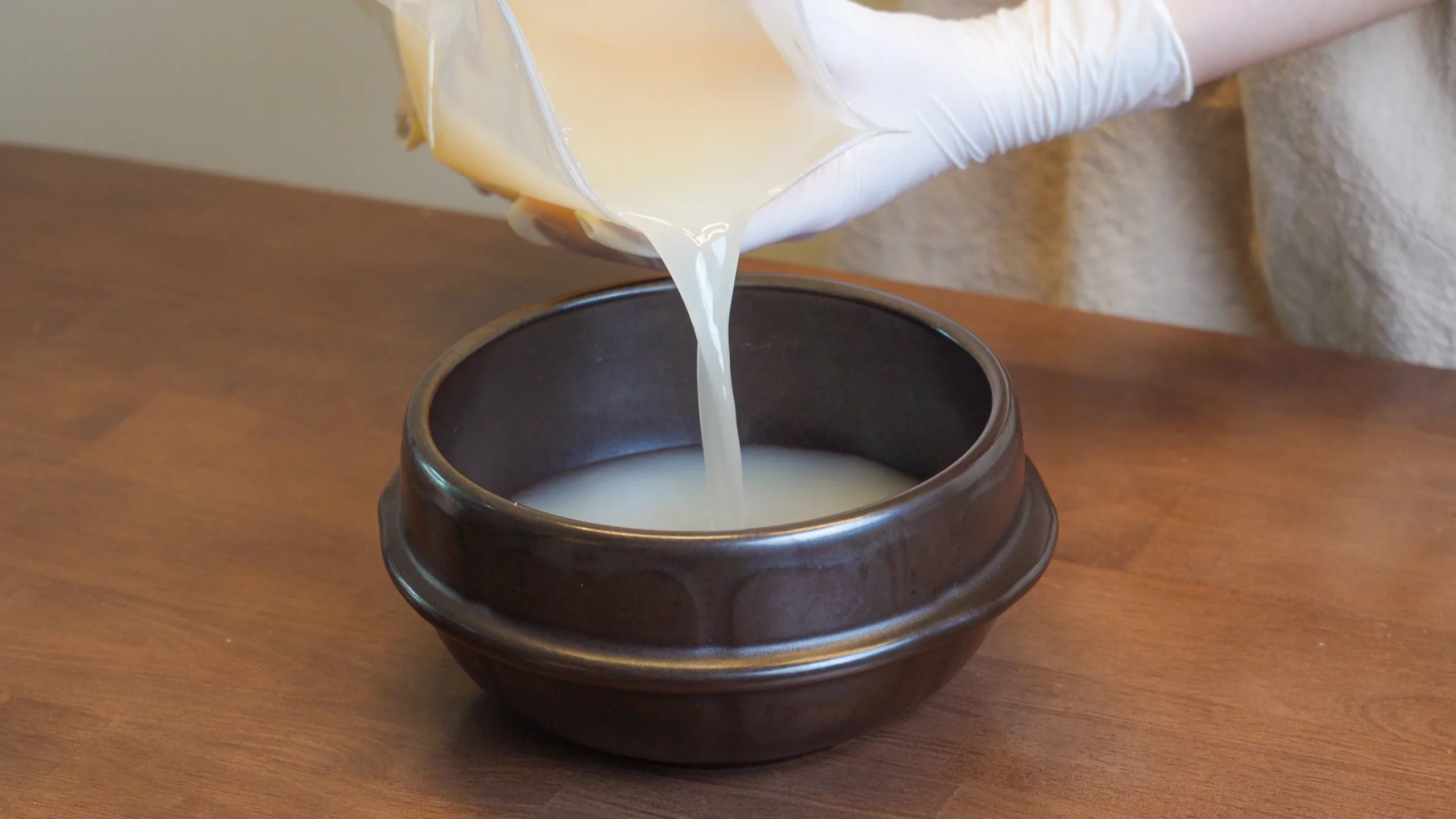
How to Make Korean Beef Bone Broth (Sagol-Gukmul)
There is a quiet ritual in Korean kitchens every winter: heavy marrow bones are simmered for 18 to 24 hours...
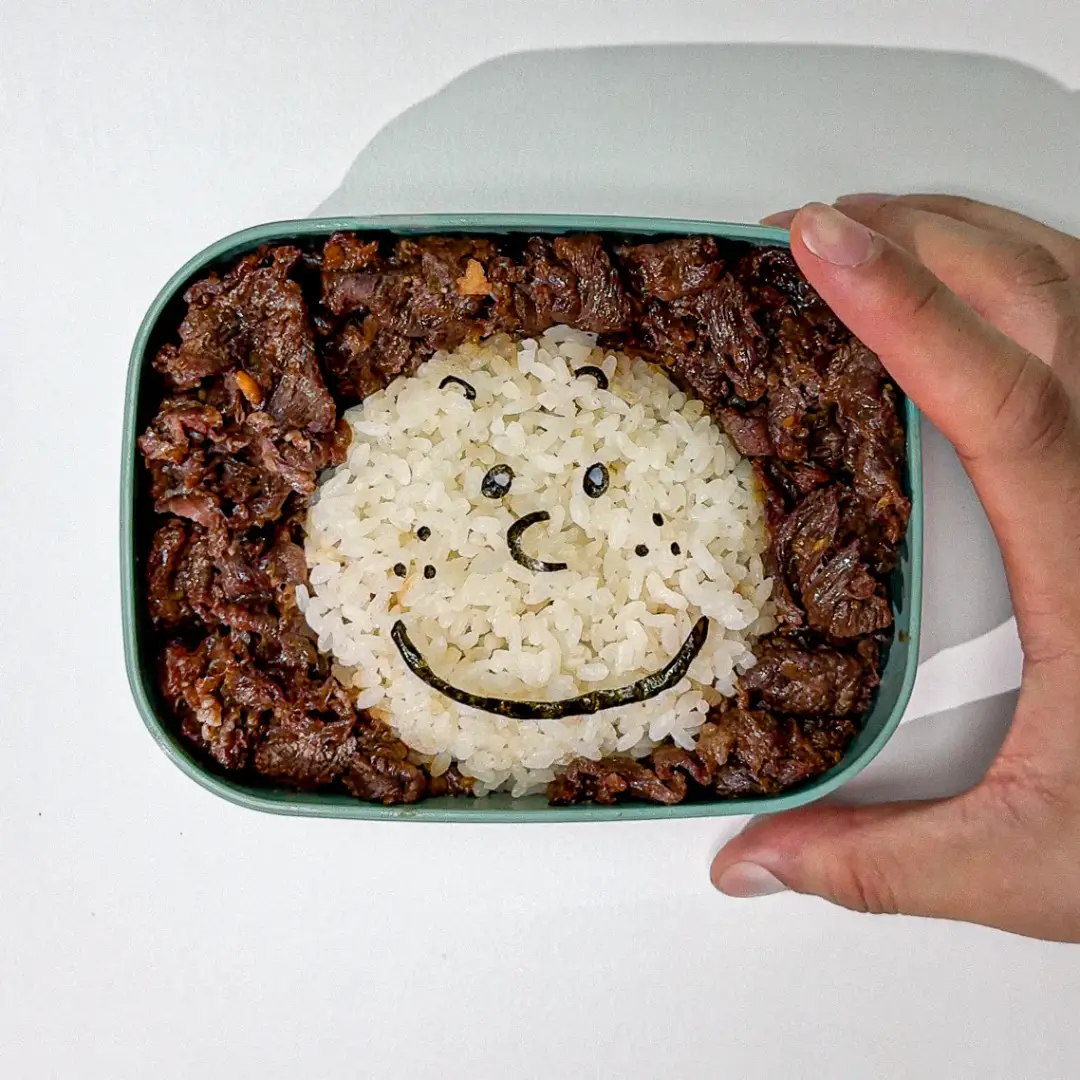
Bulgogi Snoopy Lunchbox
The Bulgogi Snoopy Lunchbox is a playful take on traditional Korean home cooking, blending savory bulgogi with cute food styling....
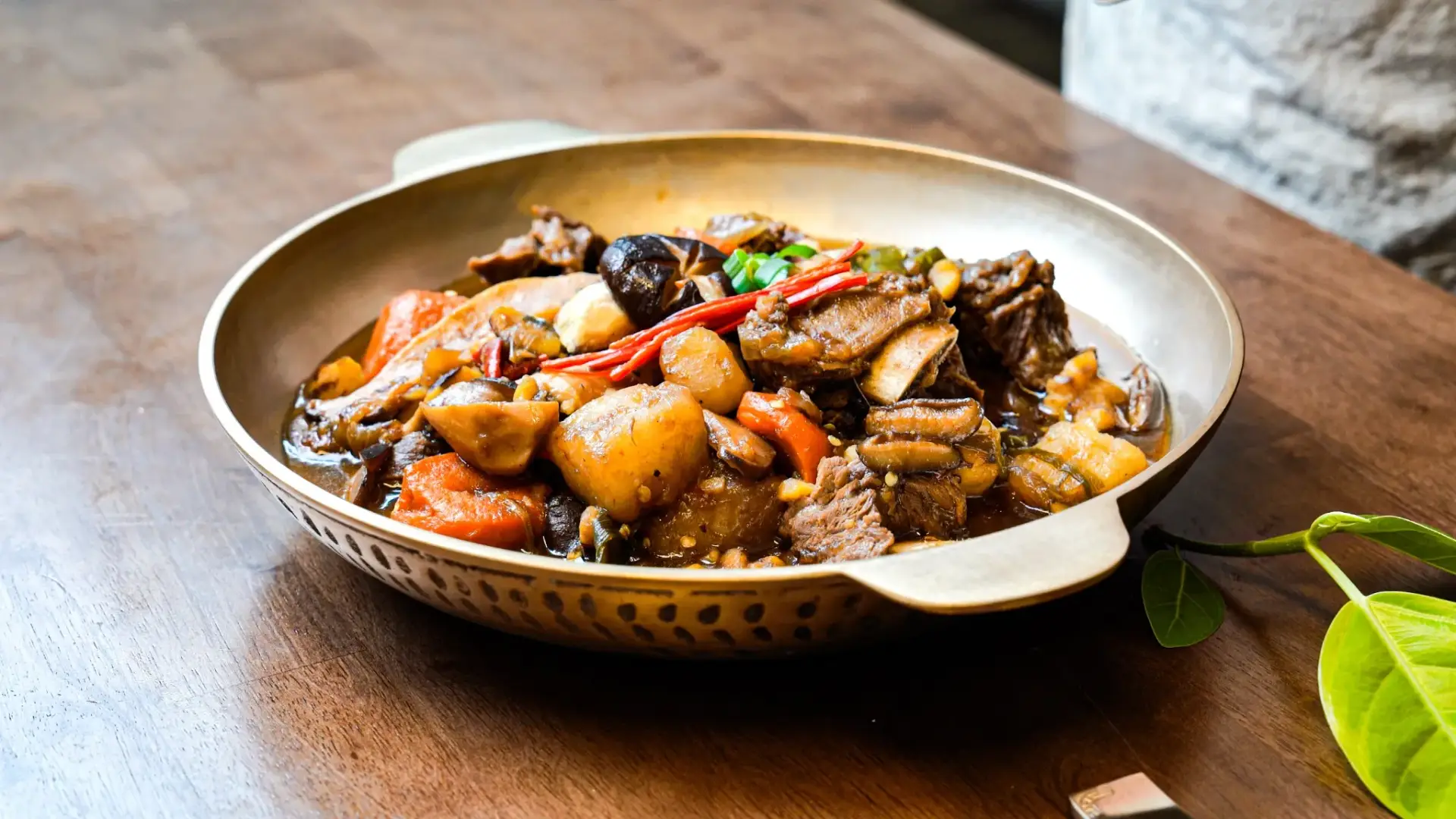
Korean Braised Short Ribs Galbijjim
When the sizzle of a soy-glazed short rib hits your ears and the intoxicating aroma of garlic, ginger, and toasted...

Chowon Korean BBQ: Gangnam's Hidden Gem for Marinated Sirloin and Premium Beef Tongue
Gangnam-gu, Seoul, Republic of Korea 62-3 Nonhyeon-dong

Hondon Yongsan, Smoked K-BBQ
1st floor 93-3 Wonhyoro 2(i)-ga, Yongsan District, Seoul

Bonjour Barbecue Garden: The Ultimate Korean BBQ Experience Along Namyangju's Han River
Joan-myeon, Namyangju-si, Gyeonggi-do, Republic of Korea 165-7 Neungnae-ri
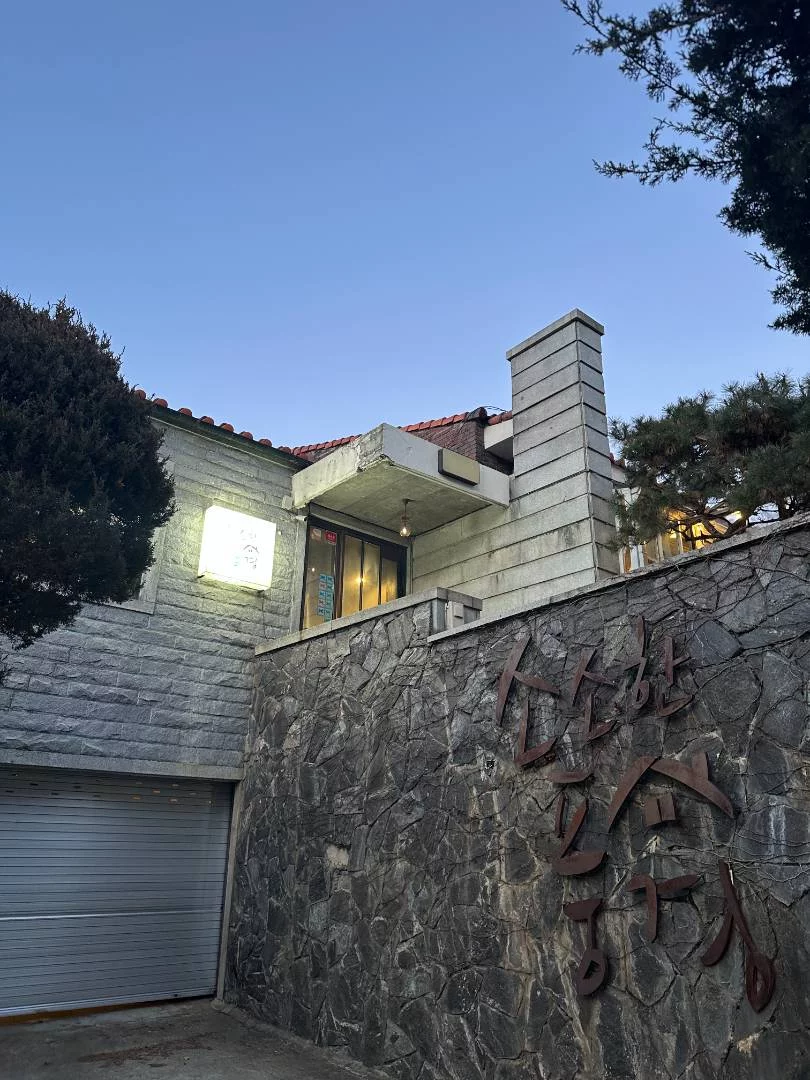
Seoul's Hidden Gem: Sosohan Scenery's Spicy Steamed Eggplant in Buam-dong
Seoul 75 Jahamun-ro 40-gil, Jongno-gu,
